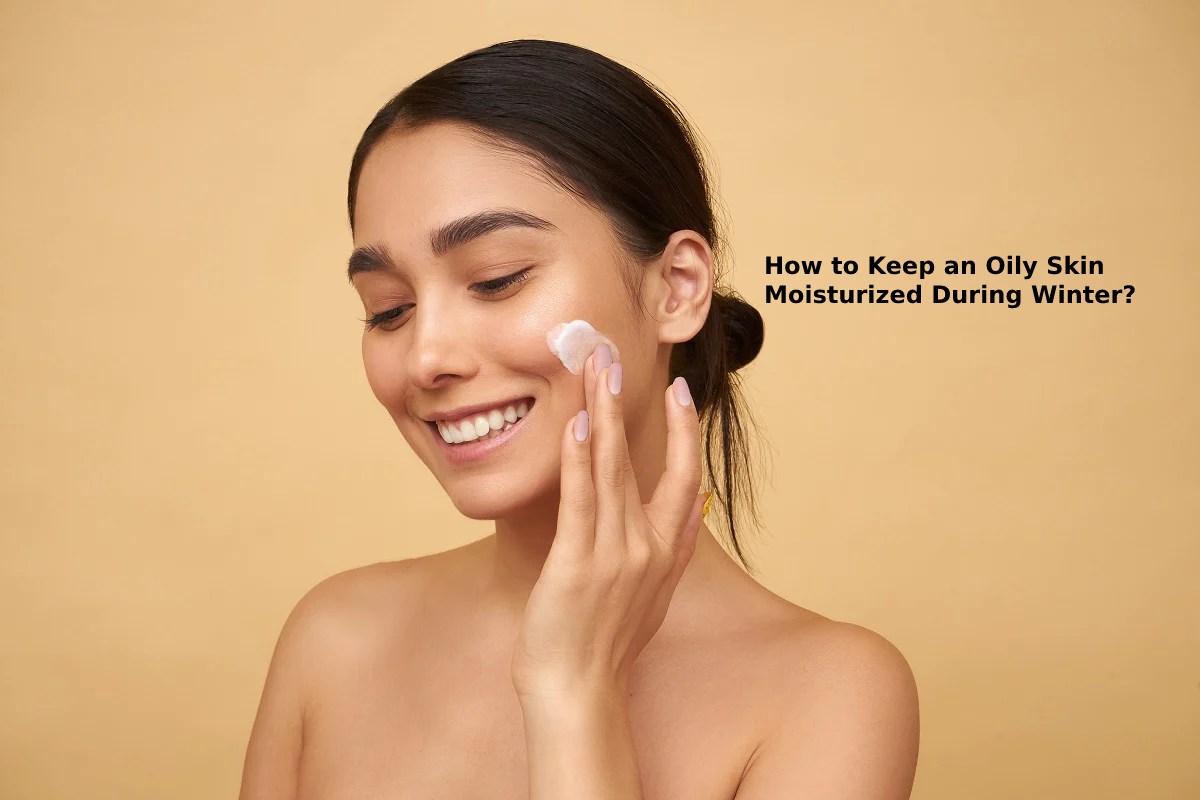Oily skin moisturized during winter – The coldest season of the year is known to be the one that most damages oily skin, however, some simple care can help in the process of hydrating this type of skin during the winter.
Want to know how? Understand below why the skin gets more oily during this season, what the recommended care and much more.
Table of Contents
Why does Skin Get more Oily in Winter?
When temperatures drop, skin dehydration happens due to two main factors, which are:
- Less production of sebaceous glands;
- Increased evaporation of water from the dermis, commonly called transcutaneous leakage.
In addition, the body tends to sweat less, as there is a reduction in temperatures, which is harmful, because sweat is also a hydration factor.
Add to this equation hot baths plus the use of soaps, which remove the layer of fat present on the skin.
It is a consequence that the place becomes drier, which when in excess, can cause local inflammations, therefore, extra care is needed.
But what to do?
How to Moisturize Oily Skin in Winter?
- Hydrate
Fundamental for all skin types, including oily skin, this should be the number one step to go through this period with quality and health.
It is necessary to take care of this stage to avoid dryness, irritation, and the rebound effect of oiliness.
In that case, invest in moisturizers suitable for oily skin, which are easier to apply, do not contain much oil in their composition, and increase the feeling of refreshment.
- Clean
As mentioned earlier, the rebound effect of oiliness can have several principles, both the lack of hydration and the use of soaps with many detergent properties.
When there are many cleaning factors, there is skin aggression and increasing oiliness.
Thus, the use of less aggressive soaps is indicated, especially those that do not have soap in their composition.
A good idea is to exchange the bar model for the liquid one, preferably those that are developed based on glycerin.
- Tone
Another point that deserves attention on your daily list is toning together with astringents suitable for oily skin.
They are essential to eliminate excessive oiliness, in addition to the impurities deposited there.
- Apply Sunscreen
Last but not least, using sunscreen is paramount, regardless of whether the day is sunny or not.
Protection against UV radiation prevents premature aging and stains in the region.
Skin Exfoliation: is it a Good Idea?
Even in winter, skin exfoliation should be carried out.
It is indicated that this process is done twice a month, however, for very oily skin, it is indicated twice a week. It’s recommended to use tools that won’t harm your skin and at the same time will exfoliate, a good idea is the Ultrasonic Facial Cleanser which gives the skin a gentle but deep exfoliation, which expertly removes 99.5% of dirt and oil from the skin while providing a pro prep for enhanced absorption of your favorite skincare.
But be careful! It should not be applied together with acid actives, lack of hydration or drying soap – you need to mix the order so that the skin is not overloaded.
Food: what is the Influence?
In addition to all the other factors mentioned above, food is another point that deserves attention.
Foods rich in minerals and vitamins should be prioritized, which neutralizes free radicals, thus reducing skin aging.
Therefore, preferably choose foods rich in vitamin C, such as:
- Orange;
- Tangerine;
- Acerola;
- Lemon;
- Broccoli;
- Cabbage;
- Carrot.

